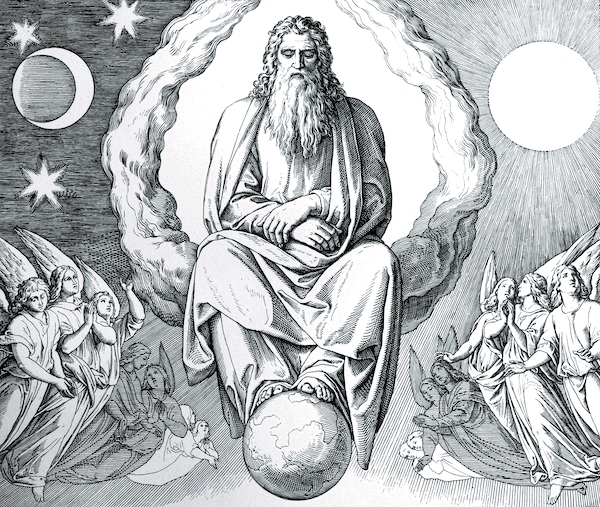
CARROLL GARDENS — The National Eucharistic Revival sweeping the U.S. that is leading Catholics to a deeper understanding of Jesus Christ’s presence in Communion is also causing many of the faithful to contemplate something else: how best to keep Sunday a truly holy day.
In addition to going to Mass and receiving the Eucharist, Sundays are meant to be a day of rest when one puts aside work and other obligations in favor of spending the day with family and friends and thinking about the Lord.
In his 1998 apostolic letter “Dies Domini,” St. Pope John Paul II called on Catholics to “rediscover the meaning” of keeping Sunday a holy day.
“The church teaches us that Sunday is supposed to be a day like no other. It’s a rest from what you would normally do on the other days of the week,” explained Msgr. Guy Massie, pastor of Sacred Hearts of Jesus and Mary & St. Stephen Church in Carroll Gardens.
“When I was young, Sunday was a day of rest. A lot of people wish we can go back to that,” said June Aronica, who grew up in the 1930s in Borough Park and attended St. Frances De Chantal Church.
However, society has changed so much — particularly over the past 50 years as Blue Laws prohibiting businesses from opening on Sundays have been repealed in states all over the country — that it is no longer a day of rest for many. People work or shop on Sundays these days. In New York State, the Blue Law was struck down by the Court of Appeals in 1976.
According to World Population Review, two dozen of the 50 U.S. states currently have Blue Laws. The regulations differ from state to state. In most cases the law bans the sale of things like automobiles and alcohol.
And in some places that do not have statewide Blue Laws, there are counties within those states that do. Bergen County in New Jersey is one example. Purchases of clothing, furniture and electronics are prohibited on Sundays there.
According to Britannica, the first blue law was issued by decree by Roman Emperor Constantine I in the year 321.
For many older Catholics, thinking about the meaning of Sunday brings back memories of their childhoods, when it meant church, being with extended family members and gathering around the table for a big late-afternoon meal.
Richard Uzzi, who grew up in Little Italy and attended Transfiguration Church, remembered the respect for church instilled in him by his parents. “You went to church in a clean, pressed shirt. You put on clean shoes. You didn’t go with shorts or dungarees,” he recalled.
“After Mass, we went home. Sometimes I would have to stop to buy bread because the bakery was open until 1 o’clock. My mother would be cooking meatballs and we would dip our bread into the gravy. We also stole a meatball or two,” he added.
Aronica remembered family gatherings after Mass. “Our grandparents lived nearby and the whole family — aunts, uncles, cousins — would get together at our grandparents’ house. And we always had family dinners. Everybody lived within walking distance,” she said.
Eileen LaRuffa, who grew up on Myrtle Avenue and attended St. Lucy-St. Patrick Church in Fort Greene, also spent many a Sunday at her grandmother’s house.
“Nobody worked. And you couldn’t go shopping because none of the stores were open, except the bakery and the grocery store. They would be open, but only for a couple of hours. We would end up in my grandmother’s house after church. I had at least 10 cousins who would be at my grandmother’s,” LaRuffa said.
But families are now scattered with members living far apart from each other, making it impossible to spend the day together.
Still, there are signs that Catholics are making an effort. “I’ve been seeing it in my parish more and more lately — people telling me at Mass that they’re getting together with the family to spend the day together. And that’s heartening,” Msgr. Massie said.
In Dies Domini, St. Pope John Paul II noted that going to Mass was just one part of the Sunday obligation and that resting was also important.
“Through Sunday rest, daily concerns and tasks can find their proper perspective. The material things about which we worry give way to spiritual values,” he wrote.
The renewed interest in Sundays comes as the National Eucharistic Revival — an effort led by the U.S. Conference of Catholic Bishops to help Catholics see that Jesus is truly present in the Eucharist and that Communion is not just a symbol — is continuing across the country.
The revival will culminate in a National Eucharistic Congress in Indianapolis in 2024.
